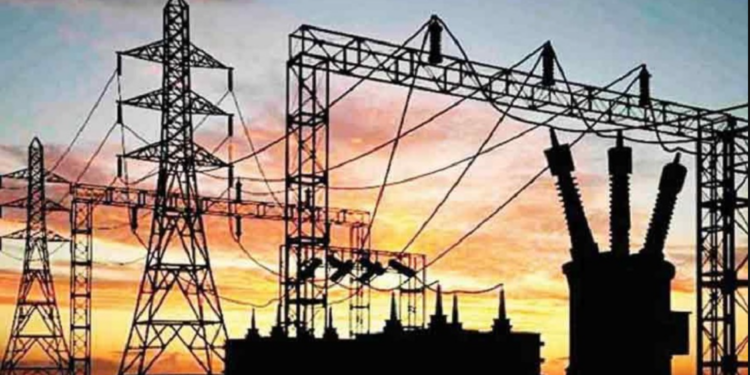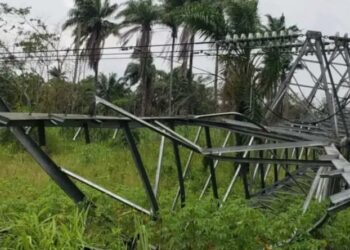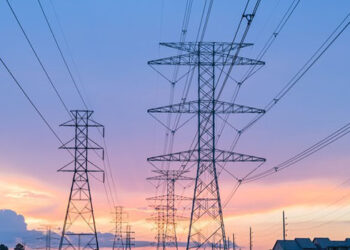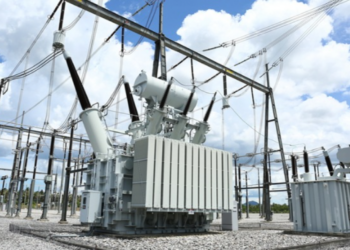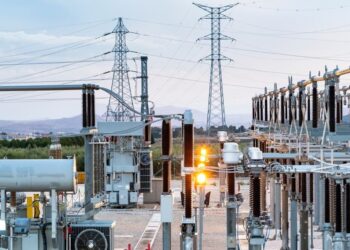NERC says it reduced the fiscal burden on the government from N528 billion to N155 billion in 2022.
Sanusi Garba, the Chairman of the Nigerian Electricity Regulatory Commission (NERC) said this during the just concluded 3-day Ministerial Retreat themed; “The Integrated National Electricity Policy & Strategic Implementation Plan: Navigating and Aligning on the Path to Enhanced Electricity Reliability”.
According to Garba, liquidity in Nigeria’s electricity market has moved from N282 billion in 2015 to N900 billion currently. He stated further that NERC has created a mechanism for enforcing payment discipline in the industry, which has seen revenue improve greatly.
He said:
- “We have reduced the fiscal burden on the government from N528 billion to N155 billion in 2022. Without our actions, the electricity subsidy would have been in the region of N665 billion.
Note that in the second quarter of 2023 (Q2/2023), the Federal Government spent a total of ₦135.23 billion on electricity subsidies, which was a whopping 275% increase compared to the ₦36.02 billion spent in the first quarter of the same year.
According to NERC, the rates charged for electricity were not enough to cover the actual cost incurred by all the Distribution Companies (DisCos).
When the rates charged for electricity do not match the actual cost (called cost-reflective tariffs), the government steps in to cover the difference between what should be charged and what is charged.
They do this by providing extra funds, known as tariff shortfall funding.
TCN is improving national grid stability
Meanwhile, during the Ministerial retreat, the Managing Director/Chief Executive Officer at the Transmission Company of Nigeria (TCN), Engr Dr. Sule Ahmed Abdulaziz, made a presentation on the alignment of TCN activities with that of the Federal Ministry of Power during the ministerial retreat.
According to him, TCN had successfully implemented several power transmission projects, which has resulted in improved reliability of the national grid.
The projects include the completion of critical substations and reconductoring transmission lines to upgrade their capabilities.
He also said that in further improving electricity grid stability and the quality of bulk power, TCN implemented the frequency mechanism, load balancing and has several completed as well as ongoing projects, including grid automation through Supervisory Control and Data Acquisition (SCADA), that will enable real-time monitoring and control of the nation’s grid.
Adebayo Adelabu, the Minister for Power, urged attendees at the retreat to work towards achieving the mandate of the power sector. He said:
- “I appeal to the people working with me, the agencies and public servants, that they should support us to ensure that we deliver and not disappoint Mr. President. And I say we are using the carrot and stick approach. We are using the carrot now by appealing to ourselves.
- “If this does not work, we are going to wield the big stick. Before I am shown the way out, of course, a lot of people will also leave before me. So, this summit is just a way of preparing ourselves to achieve the mandate and target of the power ministry,”

